NUS ncRNA Symposium & Liquid Biopsy Summit 2022 Speakers
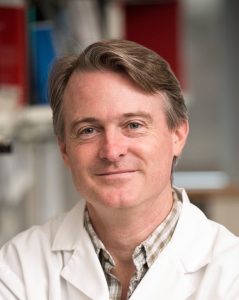
Prof Frank Slack, Ph.D., is Director of the Harvard Medical School Initiative for RNA Medicine hosted at Beth Israel Deaconess Medical Center (BIDMC). He is also the Shields Warren Mallinckrodt Professor of Pathology at Harvard Medical School. He received his B.Sc. from the University of Cape Town in South Africa, before completing his Ph.D. in molecular biology at Tufts University School of Medicine. He started his work on microRNAs as a postdoctoral fellow in Gary Ruvkun’s laboratory at HMS. Dr. Slack subsequently moved to the Department of Molecular, Cellular, and Developmental Biology at Yale University, where he was a program leader in the Yale Cancer Center and the director of the Yale Center for RNA Science and Medicine. There he discovered that microRNAs regulate key human oncogenes and have the potential to act as therapeutics. He also demonstrated the first role for a microRNA in the aging process. In 2014, he joined Harvard Medical School/BIDMC. In 2016 he became the founding Director of the HMS Initiative in RNA Medicine. In 2020 he took on the role of Director of the BIDMC Cancer Research Institute. Dr. Slack was an Ellison Medical Foundation Senior Scholar; received the 2014 Heath Memorial Award from MD Anderson Cancer Center and is an NCI Outstanding Investigator. He is co-founder of three companies in this area, MiraDx, Impilo and 28/7 Rx, and is or has been on the SAB of multiple additional companies, including Mirna Rx, miRagen Rx, Alexion Pharmaceuticals, The RNA Medicines Company.
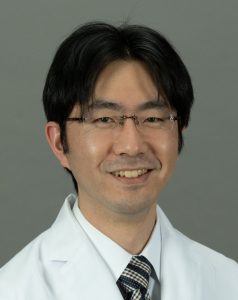
A/Prof Tatsuro Murano, M.D. , Ph.D. is an Associate Professor in the Department of Gastroenterology and Endoscopy at the National Cancer Center Hospital East (NCCHE) of Japan. After receiving his M.D. from the Tokyo Medical and Dental University of Japan, he went on to study his Ph.D. at the university’s Department of Gastroenterology and Hepatology. Subsequently, he joined the Massachusetts General Hospital in Boston, U.S.A., as a research fellow in their Center for Computational and Integrative Biology. In 2016, he returned to Tokyo Medical and Dental University to work as a clinical fellow in Gastroenterology and Hepatology. Now based in NCCHE, Chiba, Japan, as an attending staff for the Department of Gastroenterology and Endoscopy, he is involved in research involving the gastrointestinal track, such as pilot studies regarding detection of gastric cancer in the Japanese population.
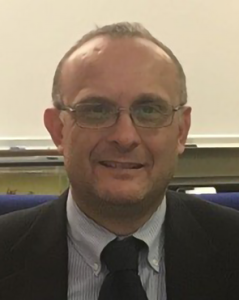
A/Prof Giovanni Blandino obtained his M.D. from the Medical School University of Catania, Italy, specialized in Molecular Oncology during residency at the University of Milan, and completed his postdoc fellowship at the Weizmann Institute of Science, Israel. In 2022, he was appointed as Director of the Translational Oncology Research Unit at the Regina Elena Cancer Center, Rome, while holding multiple appointments as Associate Professor of Oncology at McMaster University, Canada, and Translational Research Coordinator for Clinical Studies at the Regina Elena Cancer Institute, Rome, Italy. He has held several Editorial Board positions, such as being Deputy Editor for the Journal of Experimental and Clinical Cancer Research (JECCR) with a latest IF of 12.658, and since 2020, he has been invited to at least 25 reviews, commentaries, and editorials. His research focuses on the oncogenic role of mutant p53 proteins and the translational implications of small non-coding RNAs as epigenetic biomarkers relating to cancer stratification, early detection, and prediction of treatment response.
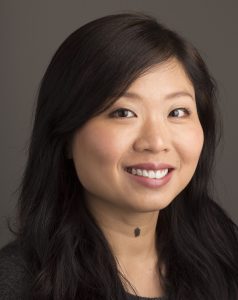
Dr Jan Heng is an Assistant Professor of Pathology at Beth Israel Deaconess Medical Center (BIDMC), an affiliate of Harvard Medical School. She conducts translational breast cancer research, in particular, to develop clinically relevant modalities. A native of Singapore, she completed her undergraduate and PhD studies in Australia, and trained at the University of Toronto, Canada, and at BIDMC before becoming a principal investigator.
She is part of the The Cancer Genome Atlas breast cancer working group, is a long-time collaborator of the Nurses’ Health Study for molecular pathology epidemiology research, and leads the BIDMC transgender breast working group.
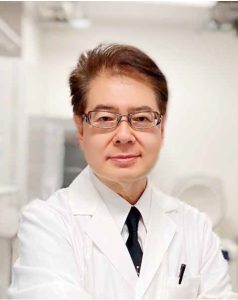
Prof Takahiro Ochiya is a Professor of Department of Molecular and Cellular Medicine at Tokyo Medical University, Tokyo since 2018. After he got Ph.D. in 1988 in Osaka University and then went to do a post-doc at La Jolla Cancer Research (SF Burnham Institute for Medical Research), CA, USA. During his carrier at National Cancer Center (1993~2018), Tokyo, Dr. Ochiya’s lab focused the development of novel animal models, methods, and strategies to study cancer development and metastasis. Especially, current focuses are non-coding RNA-based novel cancer diagnosis and therapeutics. Dr. Ochiya is one of top scientist in Exosome (EV) research and carries President of Japanese Society of Extracellular Vesicles (JSEV) since 2014 and a board member of ISEV. Dr. Ochiya is recipients of HCR (highly cited researchers) in 2019, 2020, and 2021 by Web of Science.
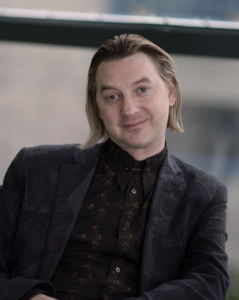
Dr. Cloud Paweletz is head of the research of the Belfer Center for Applied Cancer Science at the Dana Faber Cancer Institute (DFCI) in Cambridge, Massachusetts where he uses his experience in industry, government institutions and academia to translate innovative and novel discoveries into clinical trials at DFCI. Dr. Paweletz has invented and patented technologies in the fields of precision immunotherapy, molecular diagnostics, liquid biopsies, and proteomics. He joined from Merck & Co., Inc., where he most recently served as principal scientist, externalization lead, and proteomics site lead for the Department of Molecular Biomarkers. Prior to that, he was a postdoctoral fellow in the Department of Physiology at the Uniformed Services University School of Medicine in Bethesda, Maryland and a research fellow in the Laboratory of Pathology at the National Cancer Institute, National Institutes of Health (NIH). Dr. Paweletz earned his PhD with honors from Georgetown University and his Bachelor of Science Degree from Baldwin Wallace College.
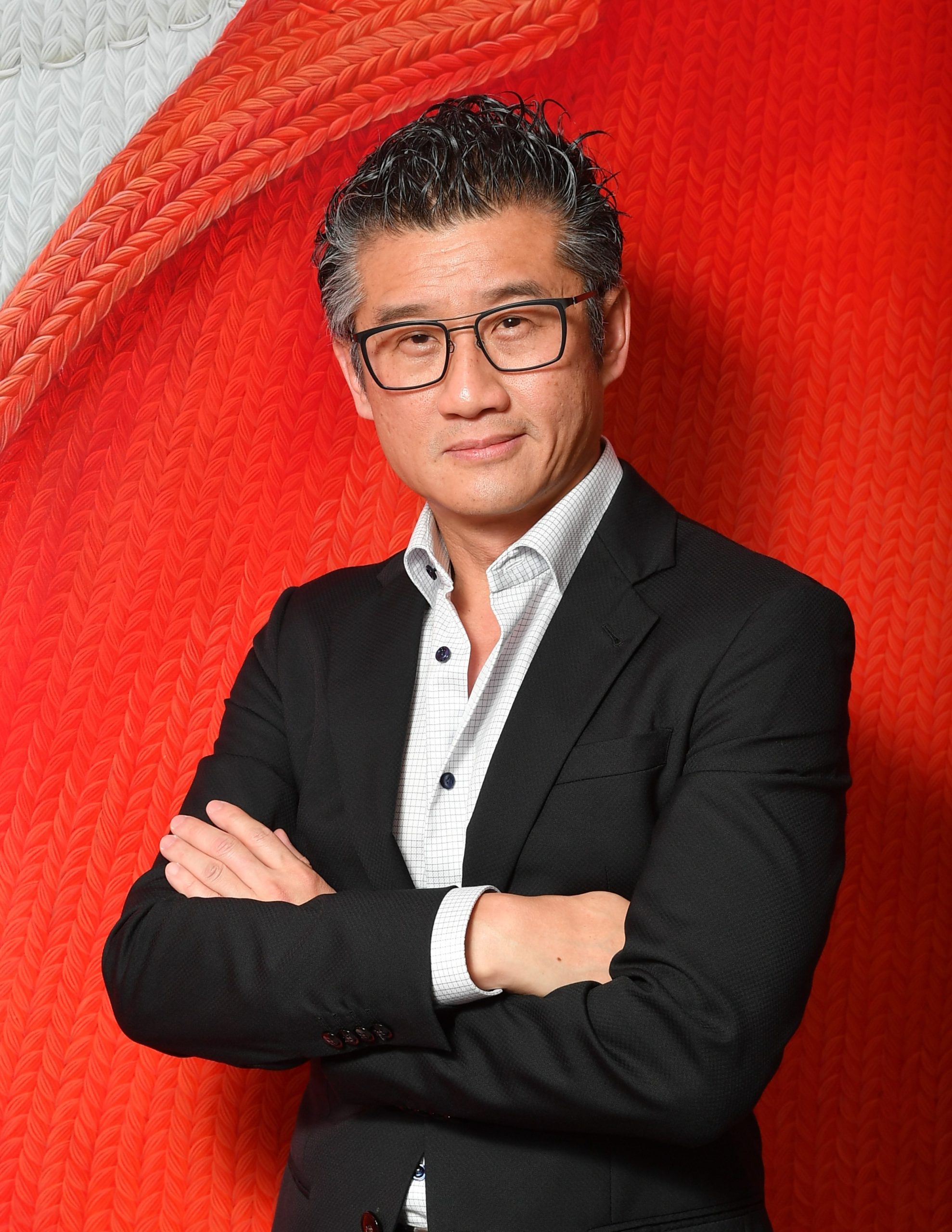
Professor Tony S.K. Mok was trained at the University of Alberta, Canada and he subsequently completed a fellowship in medical oncology at the Princess Margaret Hospital in Toronto. After working as a community oncologist in Toronto, Canada for seven years, he returned to Hong Kong in 1996 to pursue an academic career.
Professor Mok is the Li Shu Fan Medical Foundation endowed Professor and Chairman of Department of Clinical Oncology at The Chinese University of Hong Kong. His main research interest focuses on biomarker and molecular targeted therapy in lung cancer. He was the Principal Investigator and first author on the landmark IRESSA® Pan-Asia Study (IPASS), which was the first study that confirmed the application of precision medicine for advanced lung cancer. He has led and co-led multiple international phase III studies. These projects address various aspects on management of advanced lung cancer, and basically have defined the current practice.
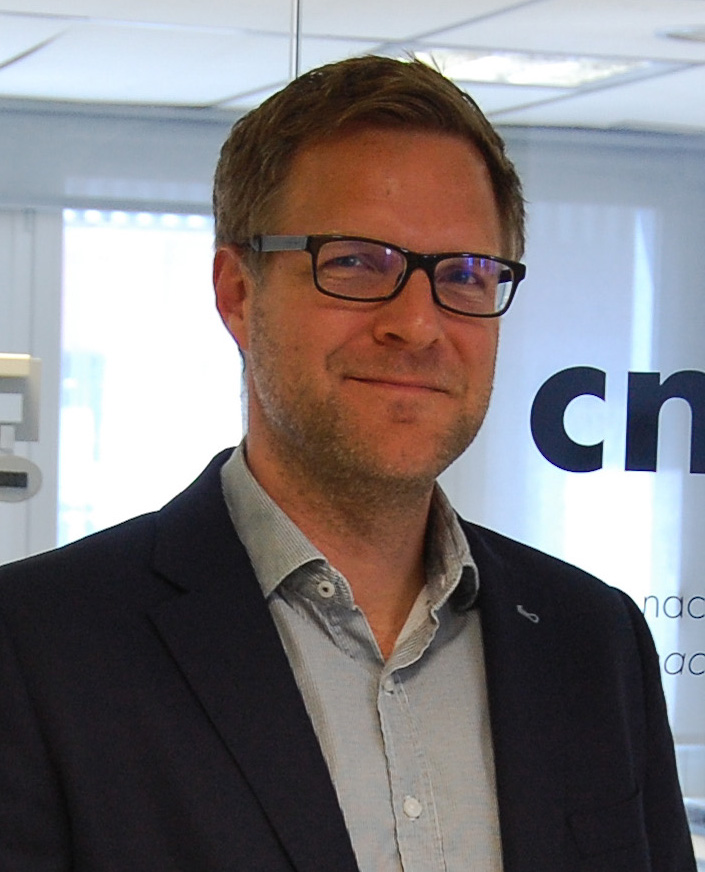
As leader of the Single Cell Genomics Team at the Spanish National Centre for Genomic Analysis (CNAG-CRG) and co-founder of Omniscope Dr. Holger Heyn focuses on the systematic integration of single-cell and spatial genomics data to elucidate causalities underlying diseases. His group combines technology development with research activities that center on cell atlasing projects and immuno-oncology. Dr. Heyn published 85 articles, resulting in an h-index of 52 (Google Scholar). The EU and the Chan Zuckerberg Initiative support Dr. Heyn’s participation in the Human Cell Atlas (HCA) Project, where he leads the atlas of the B-cell lineage and contributes to the pancreas and the kidney atlases. He also co-chairs the HCA Standards and Technology Working Group. As Scientific Co-founder of OmniScope, Dr. Heyn brings high-resolution profiling technologies to clinical application, developing advanced diagnostics tools. OmniScope is a Systems Diagnostics company providing sensitive solutions to detect diseases early for interceptive medicine.
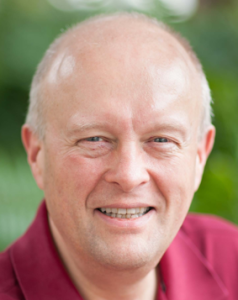
Prof Peter Dedon is the Singapore Professor of Biological Engineering at MIT and the Lead Principal Investigator in the Singapore-MIT Alliance for Research and Technology Antimicrobial Drug Resistance IRG. With a focus on RNA and DNA biology, his group developed analytical and informatic platforms for basic and translational research in epigenetics, epitranscriptomics, and genetic toxicology in infectious disease and cancer. For the epitranscriptome – the dozens of modified ribonucleosides in all forms of RNA – his team has developed systems-level analytical tools to discover a mechanism of translational regulation of gene expression that links stress-specific reprogramming of 40-50 different tRNA modifications with selective translation of codon-based gene families essential for survival or phenotypic change. Pete and colleagues are leveraging these discoveries to develop new enzymatic tools for biotechnology, new methods for industrial microbiology and protein production, and novel antimicrobial agents and biological therapeutics.
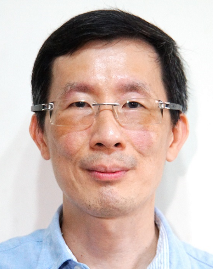
Prof Goh Boon Cher is a physician scientist with interest in experimental therapeutics of cancer. He has extensive experience with conducting phase 1 clinical trials and clinical trials in head and neck and lung cancer at the National University Cancer Institute, Singapore. He is senior principal investigator at the Cancer Science Institute, where he leads a team of scientists in studying mechanisms of treatment resistance and exosomes as biomarkers of cancer.
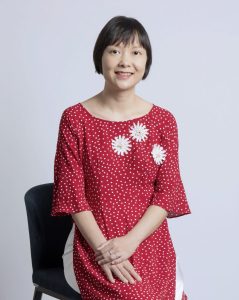
Dr Le Thi Nguyet Minh graduated from NUS with a Bachelor’s degree in Life Sciences and a Ph.D. degree in Computational and Systems Biology, under the guidance of Prof. Bing Lim and Prof. Harvey Lodish. She was trained as a postdoctoral fellow with Prof. Judy Lieberman at Boston Children’s Hospital for 5 years and worked at City University of Hong Kong as an Assistant Professor for 4 years before returning to NUS. Dr Le is well recognised for her contributions to the field of microRNAs, extracellular vesicles and cancer biology. Her group has recently developed a strategy to harness extracellular vesicles from red blood cells for delivery of RNA drugs. This drug delivery platform is the foundation for her start-up company, Carmine Therapeutics. She is also an associate/deputy editor of JEV and JExBio. She has recently received the NUS Alumni award, Falling Walls Venture, and Graduate Mentor of the Year award.
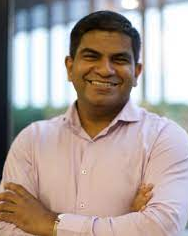
A/Prof Nagaendran Kandiah is Associate Professor of Neuroscience and Mental health at LKCMedicine-NTU Singapore. He is the Director of the Dementia Research Centre (Singapore) and co-Director of the LKCMedicine Neuroscience & Menatal Health Programme. As a cognitive neurologist, he has a special interest in the diagnosis and management of mild cognitive impairment as well as young-onset dementia. Prof Kandiah also holds a clinician-scientist position with NMRC Singapore.
He has published over 150 peer-reviewed papers in the field of cognitive neuroscience and has received over 25 million dollars in research funding support. His current research projects investigate upstream mechanisms that cause dementia among Asians with a focus on small vessel cerebrovascular disease and blood brain barrier pathology.
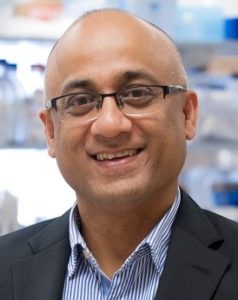
Prof Vinay Tergaonkar obtained his Ph.D. (2001) from NCBS Bangalore, through an international cancer society (UICC) fellowship for collaborative research at Tufts University, Boston, USA. He has been a fellow (2001-2004) and a special fellow (2004-present) of the Leukemia and Lymphoma Society of America and conducted his postdoctoral studies at the Salk Institute for Biological Studies, La Jolla, California. He currently serves as Research Director at Institute for Molecular and Cell Biology (IMCB), Singapore, and a Professor at School of Medicine at National University of Singapore. He serves on Editorial Boards of 1) Science Advances (AAAS), 2) Molecular and Cellular Biology (American Society for Molecular Biology), 3) Biochemical Journal (Portland Press). Work from his lab has received international recognition including the British council development award (2014), the Premiers’ fellowship from Government of South Australia (2015) and University of Macau Distinguished Professorship (2019).

Dr Yvonne Tay began her research career in Bing Lim’s lab at the Genome Institute of Singapore, where she studied miRNA function and mechanisms of action (Tay et al, Nature 2008). She then pursued her postdoctoral training in the Pandolfi lab at Harvard Medical School, where she investigated how transcripts can co-regulate each other by competing for shared miRNAs (Tay et al, Cell 2011). Now based at the Cancer Science Institute of Singapore and National University of Singapore, Yvonne’s research group studies non-coding RNAs as well as the non-coding regions of protein-coding mRNAs (untranslated regions, UTRs). As many mRNA populations comprise transcripts with different UTRs, and these UTRs control key processes such as stability, localization and transport, a better understanding of their function may lead to insights into the regulation of key cancer genes.
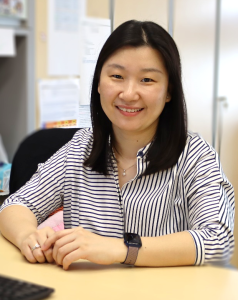
A/Prof Polly Leilei Chen got her Bachelor of Medicine in 2002 from Jiangsu University, China, followed by a 2-year specialized training program in Obstetrics & Gynaecology. In 2006-2012, she completed her PhD in Cancer Genetics in Professor Xin-Yuan Guan’s laboratory at the University of Hong Kong and had her postdoctoral training in the same laboratory. In 2014, Dr Chen joined National University of Singapore (NUS) as an Assistant professor in the Department of Anatomy and Principal Investigator at Cancer Science Institute of Singapore. Dr Chen currently places her research focus on functional and mechanistic investigation of RNA changes leading to cancer initiation, relapse post treatment, and drug resistance; and understanding how pre-neoplastic and tumour cells develop immune evasion mechanisms through impairing RNA sensing and immune activation.
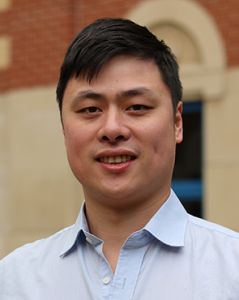
Dr Dennis Wang is an interdisciplinary researcher at the intersection of genomics, computer science and medicine. He is a Professor in Data Science at the National Heart and Lung Institute of Imperial College London and the Head of Bioinformatics at the A*STAR Singapore Institute for Clinical Sciences. He also holds honorary faculty appointments at the Universities of Sheffield, Liverpool and the National University of Singapore. His research focuses on using high-dimensional -omics data and artificial intelligence (AI) to understand multiple long-term health outcomes in population and disease cohorts. Having worked in both academia and industry, he enjoys mentoring junior bioinformaticians and clinicians interested in integrating patient data. Dennis obtained his Bachelor of Science in Computer Science, Microbiology and Immunology from The University of British Columbia, and both of his MPhil in Computational Biology and PhD in Biostatistics from the University of Cambridge.
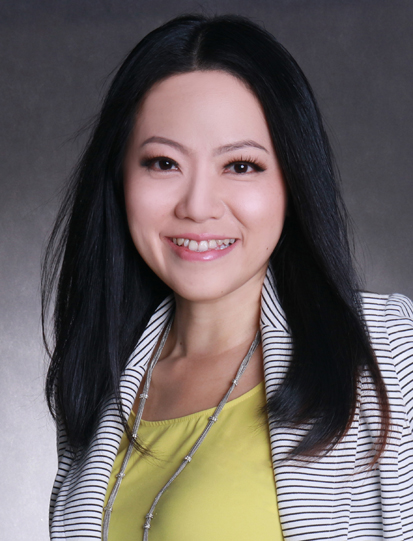
Dr Samantha Yang obtained her medical degree and Masters of Medicine from the National University of Singapore (NUS) and the Royal College of Physicians, United Kingdom [MRCP (UK)]. She received her training in Endocrinology at National University Hospital, Singapore, followed by a thyroid cancer fellowship at Memorial Sloan Kettering Cancer Centre in New York, United States. She is on a research fellowship working on thyroid cancer re-differentiation in NUS.
Her research focuses on the utilisation of molecular tools for thyroid nodule evaluation, and the treatment and surveillance of thyroid cancer patients. She is studying mechanisms for upregulation of sodium-iodide symporter in thyroid cancer cell lines with the aim of using therapeutics to optimise the expression of these channels to enable better uptake of adjuvant radioactive iodine (RAI) in thyroid cancer. She is the principal investigator of a re-differentiation therapy clinical trial in RAI-refractory metastatic thyroid cancer patients.
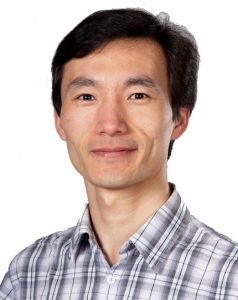
Dr Jiong-Wei Wang received his Ph.D. in Medicine in 2013 from the Leiden University Medical Centre (The Netherlands). After a brief postdoctoral training in the University Medical Centre Utrecht, he moved to the National University of Singapore (NUS). He was promoted to Assistant Professor in 2019 at the Department of Surgery, with joint appoints at the Department of Physiology and the Cardiovascular Research Institute, and currently is also a Principal Investigator in the Nanomedicine Translational Research Program, Yong Loo Lin School of Medicine, NUS. His current research interests focus on the preclinical development of nanotheronostics with natural and/or synthetic nanoparticular systems for the treatment of inflammatory and metabolic diseases.
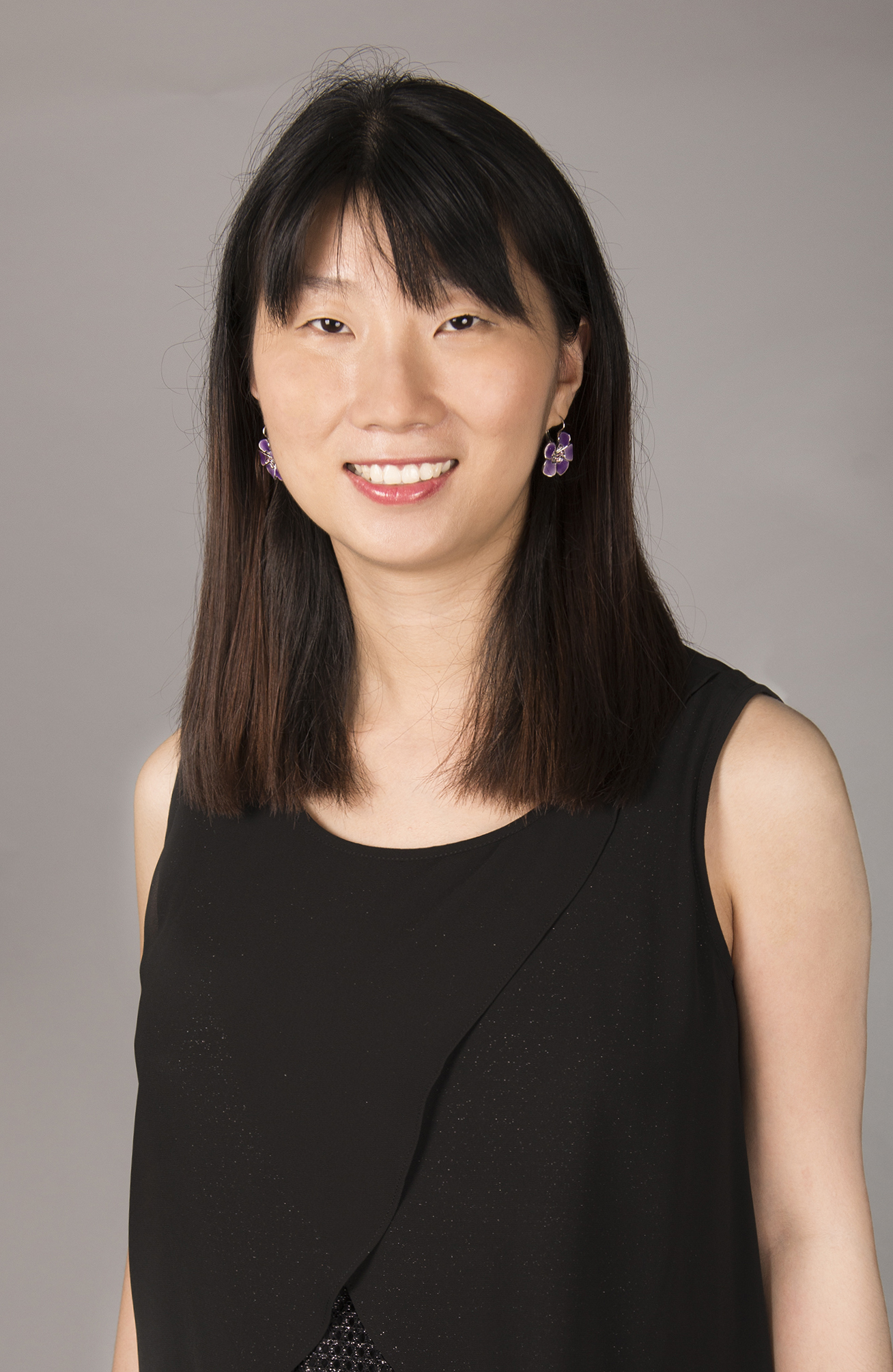
Dr Yue Wan received her B.Sc in Cell Biology and Biochemistry from the University of California, San Diego. She obtained her Ph.D in Cancer Biology from Stanford University, USA, under the mentorship of Howard Y. Chang. During her PhD, she developed the first high-throughput method for probing RNA structures genome-wide. Dr Wan is a recipient of the NSS-PhD scholarship from Agency for Science, Technology and Research (A*STAR) in Singapore, and is currently an Associate director in the domain Epigenetics and Epitranscriptomics Regulation in the Genome Institute of Singapore. She is a Society in Science- Branco Weiss Fellow, EMBO Young Investigator and CIFAR-Azrieli Global Scholar. Yue is also a recipient of the Young Scientist Award and L’Oreal-UNESCO for Women in Science, Singapore National Fellowship. She is interested in studying functional RNA structures and understanding their roles in regulating cellular biology.
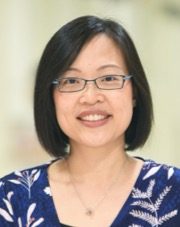
Dr Chee Cheng Ean currently practices as a senior consultant medical oncologist and clinician investigator in GI cancers. She also holds the Deputy Director (Clinical) position at the National University Cancer Institute, Singapore, and Assistant Professor, Yong Loo Lin School of Medicine, National University of Singapore. She graduated from University College London (UCL) Medical School, United Kingdom with a Bachelor of Science (Hons) in Tumour Biology and MB BS (London) and is board certified by the American Board of Internal Medicine (ABIM) in Internal Medicine (Mayo Clinic, USA), Medical Oncology (Mayo Clinic, USA) and Haematology (Mayo Clinic, USA). As a clinician investigator, her portfolio includes clinical and research initiatives in precision oncology and clinical trials involving novel therapeutics in GI cancers which have been awarded institutional and national grant funding. She is the current chair of the Singapore Cancer Society Colorectal Cancer Awareness Month Committee.

Dr Cheryl Lee is a senior postdoc in the endogenous peptide lab in Duke-NUS Medical School, under the supervision of Asst Prof Lena Ho. She received her PhD from University of Cambridge, working on reproductive biology. During her PhD, she characterised the stem cell niche of placental cells and carried out a screen to identify factors that improve the stemness of trophoblast stem cells. When she returned to Singapore, she switched to studying vascular inflammation, as it is the leading cause of cardiovascular diseases. Through a screen to search for novel peptides involved in inflammation, she discovered a micro-peptide that controls the ETC, called MOCCI. Now her research centres around understanding how the ETC controls inflammation, particularly during viral infection.

